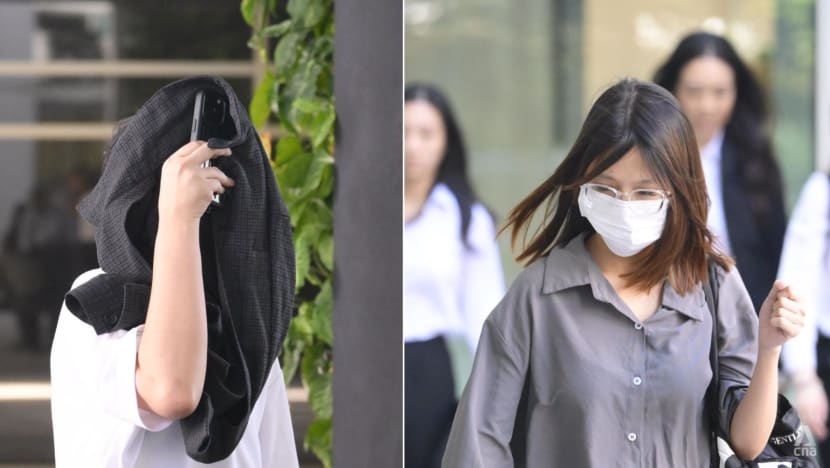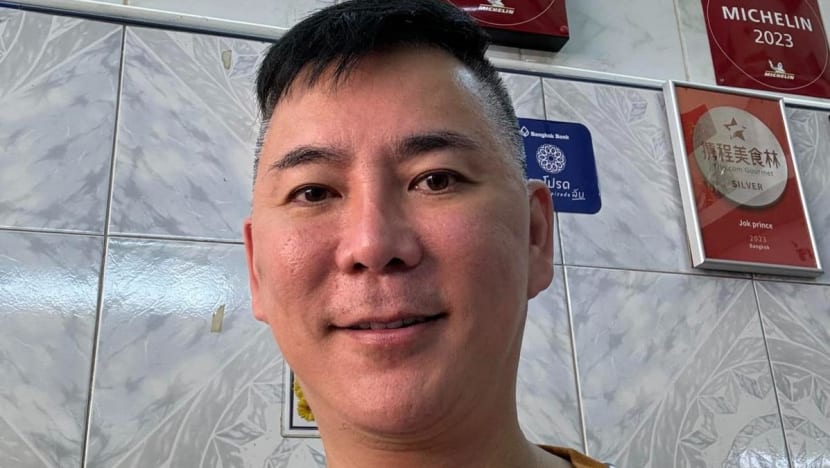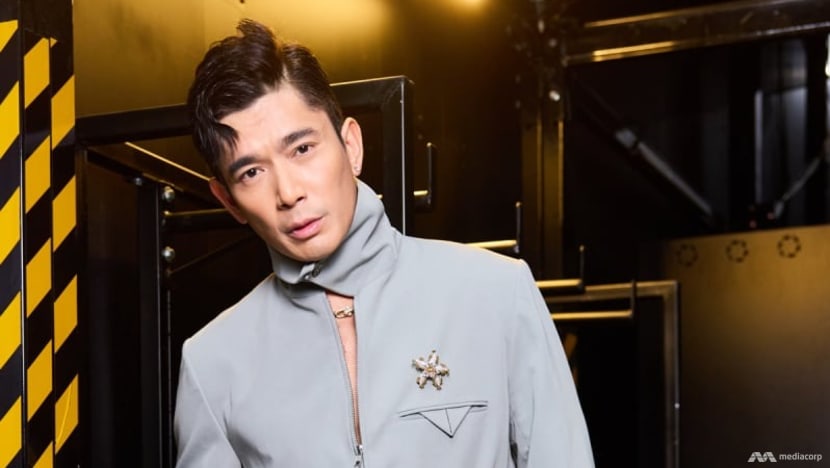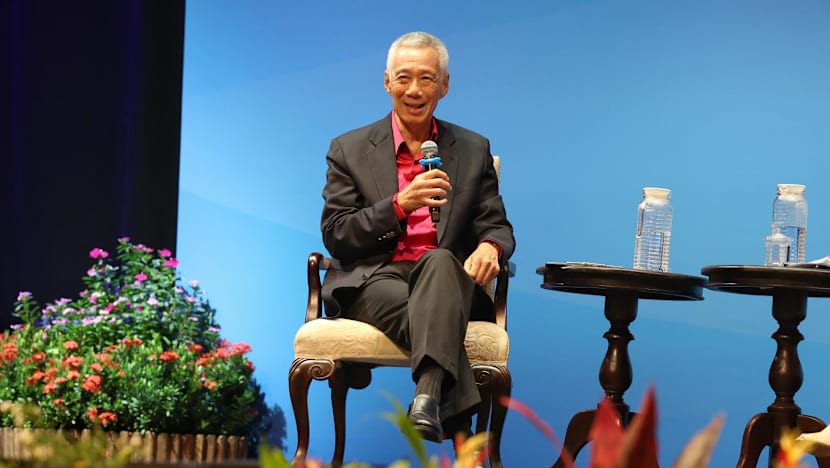https://www.channelnewsasia.com/sin...ity-many-singaporeans-lee-hsien-loong-5340066
Skip to main content

CNAR Search menu
CNAR Primary Menu
CNAR Secondary Menu
'Have to accept' that national identity may not be the most important identity for many Singaporeans: SM Lee
Other aspects, such as race and religion, also form key parts of Singaporeans' identity, says Senior Minister Lee Hsien Loong at a forum with students.
Senior Minister Lee Hsien Loong at the Kent Ridge Ministerial Forum on Sep 9, 2025. (Photo: Ministry of Digital Development and Information)
Listen
6 min
New: You can now listen to articles.

Related:


“SOMETHING DISTINCTIVE” ABOUT A SINGAPOREAN
Asked by a student what are things that have worked for Singapore’s forging of its identity, Mr Lee pointed to the way the society was built via policies that allow different groups of people to come together to learn how to compromise and collaborate with one another.
These “adjustments” have shaped Singaporeans into the “distinctive” way they are.
“That’s why … when you see (a Singaporean) overseas, you kind of know he’s one before he opens his mouth,” said Mr Lee.
“There is something distinctive … and it comes from us having lived together, made the accommodations and become similar to one another.”
He added: “That’s why a Chinese Singaporean is different from a Chinese from China, and likewise for an Indian Singaporean. Likewise for a Malay Singaporean.” What some have suggested for Singapore to do – but it has not – is to “pretend we are all the same”.
“We have not gone that way because we don’t believe it works,” said the Senior Minister.
“If we don't acknowledge the reality of the differences, I think we only push the problems under the surface.”
Related:
 On how the government can strengthen its national identity, Mr Lee brought up the Forward Singapore exercise, launched by the country’s fourth-generation leadership team as a nationwide movement to review and refresh Singapore's social compact.
He encouraged young Singaporeans to “roll up (their) sleeves” and be involved to help make Singapore better.
“It can be cleaning the beach. It can be greening the environment. It can be doing social work, taking care of down and outs. It can be promoting entrepreneurialism,” he said.
“Any number of issues, but be committed to do something (and) make Singapore better. In doing it, you will find that you will feel yourself belonging to this place.”
On how the government can strengthen its national identity, Mr Lee brought up the Forward Singapore exercise, launched by the country’s fourth-generation leadership team as a nationwide movement to review and refresh Singapore's social compact.
He encouraged young Singaporeans to “roll up (their) sleeves” and be involved to help make Singapore better.
“It can be cleaning the beach. It can be greening the environment. It can be doing social work, taking care of down and outs. It can be promoting entrepreneurialism,” he said.
“Any number of issues, but be committed to do something (and) make Singapore better. In doing it, you will find that you will feel yourself belonging to this place.”
MAINTAINING POLITICAL STABILITY
Among others, Mr Lee was also asked by students for his take on how Singapore can maintain an “exceptional” political system. This was a factor that he had mentioned during
last year’s May Day rally as a key for a small country like Singapore to stay successful.
Mr Lee said that will entail roping in “good people” who have a sense of mission into politics and have them elected.
He reiterated the need for Singapore to maintain political stability, citing recent unrest and leadership changes in several countries.
What’s also needed is a united society.
“If you divide along race, language and religious lines … you can't have good government, you can't have good economic growth, and you cannot have … an equal society,” said Mr Lee.
Social class may be another fault line that could divide society, he cautioned, stressing the need for Singaporeans to be united.
“We will have to be quite a united society where everybody feels a stake, everybody feels that the country is working for it, and then you can have politics which are working.”
Source: CNA/sk(rj)
Sign up for our newsletters
Get our pick of top stories and thought-provoking articles in your inbox
Subscribe here
Related Topics
Lee Hsien Loong
Also worth reading



 CNA Sections
About CNA
CNA Sections
About CNA









